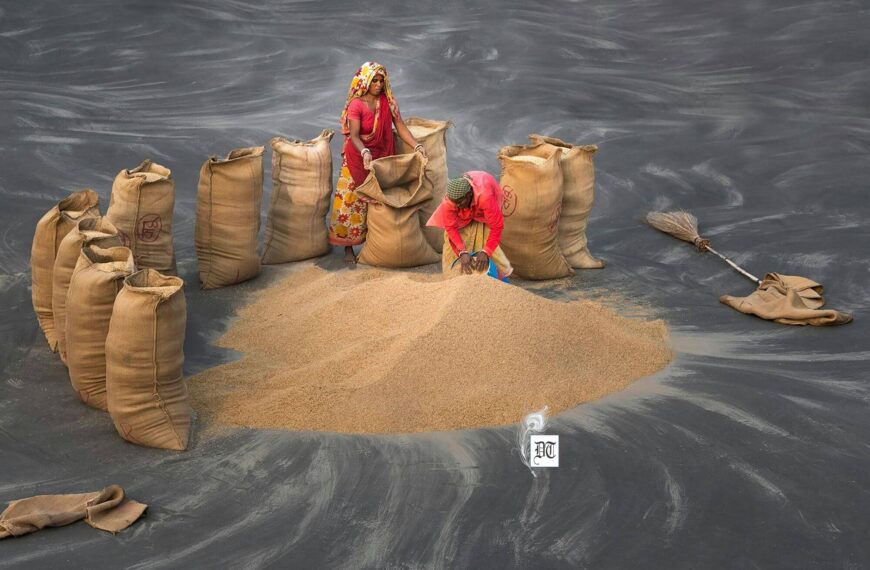Michelle shares her experiences of empowering homeless women and children. The project We Help is not a charity. It believes in making people think out of the box. Lease land was arranged, so were seeds. But, there were no farming tools. They just laughed and got on their hands and knees. Yes, they cleared the land by hand, clawing every bit! They used primitive tools made of twigs and stones, like the Neolithic Man. The paddy fields were growing fast. It looked healthy and green. They toiled and breathed life into the fields with their grit and determination. The author will write a weekly column, Benevolence in Bangladesh, exclusively for Different Truths, every Thursday.
We Help is an ongoing social project in Gazipur, Bangladesh. We hope to help the women and children of the streets. Many self-sustainable projects are offered. We do not discriminate in any way and adapt each project to the country, culture, faith, society, and other barriers to success. We are not a charity. All of our ideas are gathered from people, who have had posted them for others to use these creatively and beneficially.
We started by asking about making a veggie trellis garden. “No thanks, collecting plastic bottles for coins.” That was the job of every women my partner had met. It was the same for the children. They sifted through the plastic trash. Rain or shine, every day. They were confined there during the day and given a discount on bus fair to an open air, beautiful, no shelter of any kind.
The more we got to know them, we realised that we would to really think outside the box. These women needed land to lease. They called it ‘Promise to Pay’, when the owner gets a piece of the profits. My partner took this as a challenge, of course. He found a landowner who supported the whole project. He gave We Help the land to distribute amongst the beneficiaries.
But, each project required that you were motivated enough to kept going, bounced back on your feet when you stumbled and believed in. It was easy. Since they were tenacious, this was not a problem. The women all got together, several times, discussing the idea. When they completed the negotiations, they announced that they wanted individual plots. That was not all. Veggies? Again, no thanks. Rice seed pods. The cash crop of Bangladesh. Remember the part about self-sustainability?
I had imagined more of a combination of projects. Use plastic soda bottles and glue to build the frame. Fill in the spots with the bigger bottles. Use something sharp to take off the skinny spot, fill it with mud and seeds. Anyway, shelter, food, boat was my way of solving the problem. Fifteen heads are better than one! Again, the women wanted time to talk amongst themselves.
Out came geometry. Of course, it had to be fair. Each plot would need to be carefully marked. They divided that land so well, I thought, it was the work of a surveyor? That was not necessary here.
These women were so committed to the cause that they took a huge leap of faith. They did things that took others years of education and training. They were creative. The adage, ‘necessity is the mother of invention’ was so true.
But, we ran into an obstacle. We Help could not purchase tools for the woman to do work on the land. They just laughed and got on their hands and knees. Yes, they cleared the land by hand, clawing every bit! They used primitive tools made of twigs and stones, like the Neolithic Man. Then, they waited, trusting me to send the money for seeds. I made a “Promise to Pay” with the awesome cultural, guidance of my partner and got the seeds. The women jumped into action. They sprinkled the seeds, saw to the needs of the farming.
The rice paddy fields were growing fast. It looked healthy and green. These women, poor and homeless, took great pains to ensure that their rice would sell for the highest price. They toiled and breathed life into the fields with their grit and determination. They were fired with positivity and confidence. But, what power did we unleash?
©Michelle Yost
Pix by author.







 By
By

